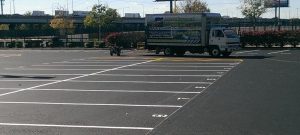
Eco-friendly Green Paving – What does this mean?
Although there are a number of pavements that could technically be considered as environmentally green, the term is usually applied to permeable asphalt. Permeable asphalt pavement is sometimes called porous asphalt pavement.
Why Choose Permeable Asphalt Pavement?
Traditional asphalt pavement creates a waterproof barrier, so rain, melting snow and water deposited by sprinkler systems cannot penetrate it. Instead, the water drains into storm sewers and is eventually carried to nearby streams, rivers and lakes. As the water drains, it picks up contaminants from the pavement. Oil, deicing chemicals and other contaminants are carried into the water system.
Permeable asphalt, however, has small pores that allow water to penetrate beneath the pavement. A specially designed drainage system lies underneath the pavement, and this drainage system diverts the water into the ground around the pavement. Contaminants are contained, and the water can be channeled to supply the needs of nearby shrubs or other plants.
Are There Any Negatives to Permeable Asphalt?
Permeable asphalt is not ideal for pavements that receive a high volume of traffic or that must support heavy weights. A busy highway, for example, or the pavement surrounding the loading dock at a warehouse are not good choices for permeable asphalt. However, a parking lot that is limited to passenger vehicles, a residential driveway or a suburban cul-de-sac might all be perfect for porous asphalt pavement.
Permeable asphalt should be professionally power washed or vacuumed at least twice each year. Dirt and automotive fluids can clog the pavement’s pores, rendering them incapable of permitting water to enter.
Installation costs are slightly higher for permeable asphalt than they are for the traditional impervious type. However, since gutters, trench drains, curbs and storm sewers can usually be eliminated, these savings can help offset the price differential.
Contact Us to Learn More
Asphalt Pavement Solutions is a paving contractor serving customers throughout Pennsylvania, New Jersey and Delaware with quality work at affordable prices since 1983. Whether you need asphalt paving, parking lot markings, sealcoating, pothole repairs or any other asphalt-related service, we can help. Call (800) 559-SEAL or (856) 461-1710 to request a free quote or submit our convenient online form.
See a similar FAQ below-

 The history of asphalt pavement is one of innovation. Practically from the day that the first asphalt road was built, manufacturers and engineers have sought ways to improve the material. As a result, there are now several different varieties of asphalt pavement.
The history of asphalt pavement is one of innovation. Practically from the day that the first asphalt road was built, manufacturers and engineers have sought ways to improve the material. As a result, there are now several different varieties of asphalt pavement.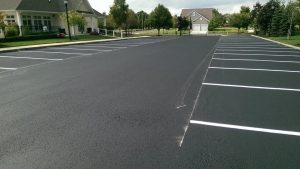

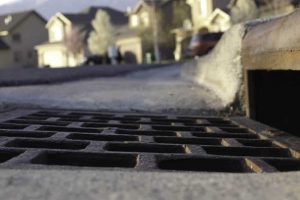
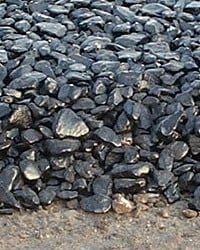
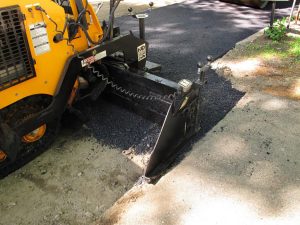
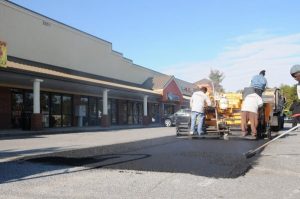
 Engineers have recognized the value of asphalt as a paving material for centuries. Asphalt is versatile, robust and economical. Despite its known value, certain myths about asphalt still circulate today — myths that we would like to dispel.
Engineers have recognized the value of asphalt as a paving material for centuries. Asphalt is versatile, robust and economical. Despite its known value, certain myths about asphalt still circulate today — myths that we would like to dispel.
